11 Oldest Cities Around The World Still Inhabited
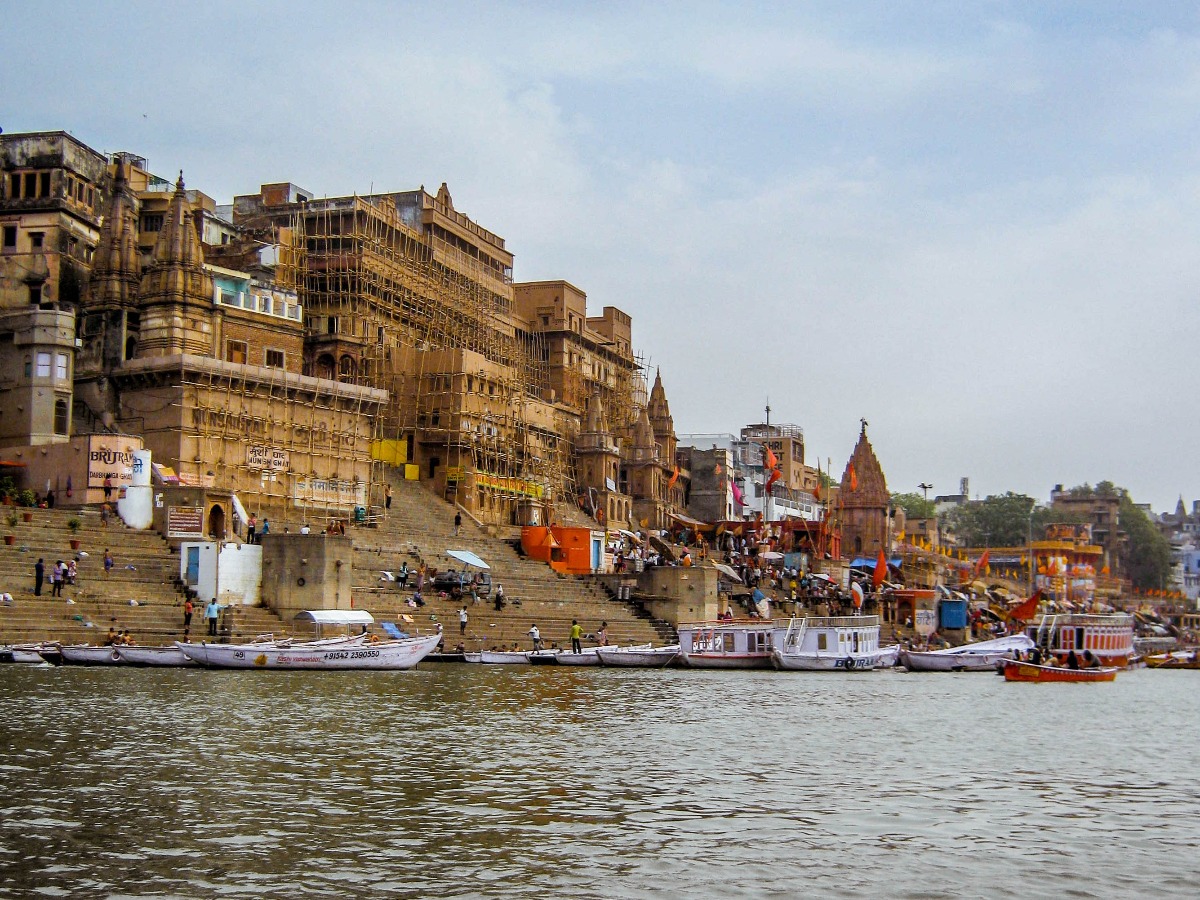
Travelling to a historic destination is an unforgettable and incomparable experience. Getting to know a historically important city provides a deep and complete understanding of the events and moments that shaped and changed humanity. Ancient cities seem to live outside of time. From the historical settlements, long abandoned by people, sand literally pours, but at the sight of each of them, goosebumps run down the skin.
Cities with a thousand-year history have much more to offer travellers than just beautiful architecture and unique artefacts. They bear the imprints of previous eras and civilizations. They reflect the development of mankind - both the creative aspects of this process and the destructive ones.
These cities are the 11 oldest permanently inhabited places on Earth. Visiting them is like taking a trip in time:
1. Jericho, West Bank - 11,000 years old
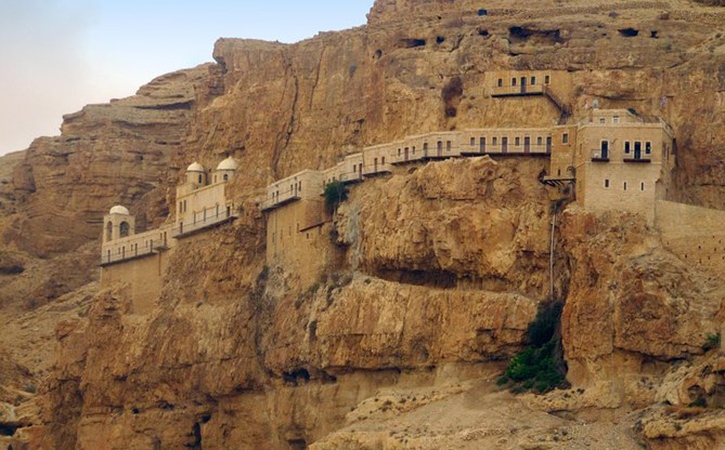
Its history was particularly tumultuous because the city was destroyed around 1,500 BC for a reason that still seems to remain rather obscure: an earthquake or an Egyptian invasion? Among the oldest cities in the world still inhabited is Jericho (Palestine), where archaeologists have found traces of habitation dating back to 9,000 BC. Located in the Jordan Valley, with the Jordan River to the east and Jerusalem to the west under Israeli occupation since 1967. Archaeological excavations have revealed traces of dwellings that are even older, around 11,000 years. Currently located in the West Bank, Jericho is also the lowest city in the world. Its altitude is around - 258m. Today, the town has more than 25,000 inhabitants.
2. Damascus, Syria – 11,000 years old
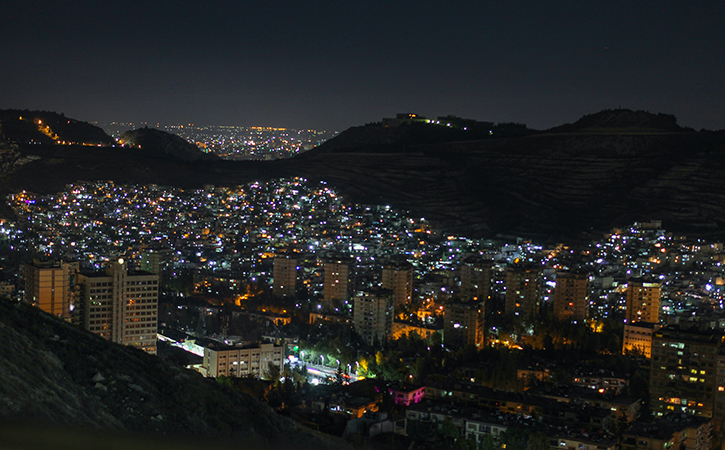
Cited by research studies and historical evidence as the oldest inhabited city in the world also named as the capital of Arab culture in 2008, Damascus may have been inhabited since 8,000 to 10,000 BC, But there is no evidence that it was an important city at that time. Damascus has been the preferred target of many kings and conquerors. Damascus was an important settlement region for the Arameans, who were responsible for implementing modern water network systems. Later, the city was conquered by Alexander the Great. Its wealth of historical sites made it a popular tourist destination until the recent unrest hit it. Since 1979, the city has been included on the UNESCO World Heritage List.
3. Aleppo, Syria – 8,000 years old
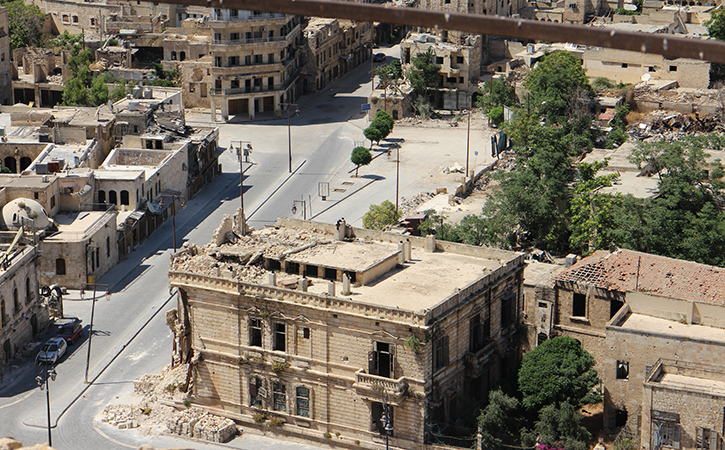
Located between the Mediterranean Sea and Mesopotamia is the most populated city in Syria with nearly 4.4 million citizens in its metropolitan area. Aleppo is undoubtedly one of the oldest cities in the world, already mentioned in Paleo-Babylonian times under the name of "Halab". While the ancient site is occupied by the modern city, it is hardly touched by archaeologists. The city was under Hittite (An ancient group of Indo-Europeans who moved into Asian Minor and formed an empire at Hattusa in Anatolia (modern Turkey) around 1600 BCE.) control until around 800 BC, before passing through Assyrian, Greek and Persian hands. It was then occupied by the Romans, Byzantines, and Arabs, besieged by the Crusaders, then taken over by the Mongols and the Ottomans. For several centuries, it was the largest city in the Syrian region and the third-largest city in the Ottoman Empire.
DON'T MISS
4. Byblos, Lebanon – 7,000 years old
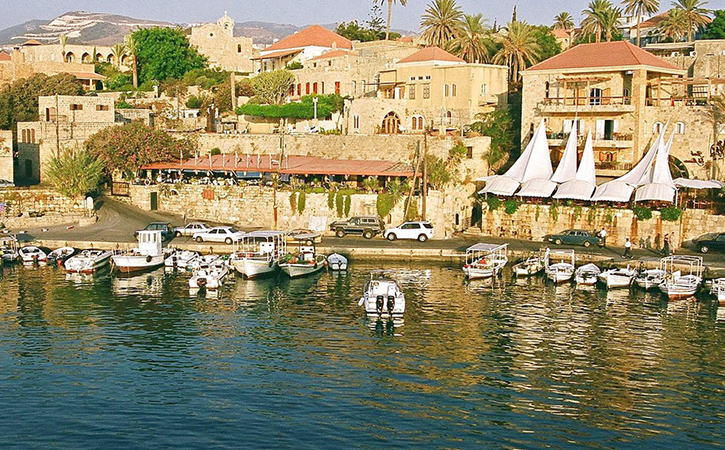
Founded as Gebal by the Phoenicians, Byblos received its name from the Greeks, who imported the papyrus from the city. For centuries, the city has been the main exporter of papyrus to Greece. From the fourth millennium BC. The word Bible is derived from Byblos. The main sights of the city are ancient Phoenician temples, Byblos Castle, and the Church of St. John Mark, built by the Crusaders in the 12th century, as well as the medieval old town walls. The Byblos International Festival (music) is a more modern attraction. Located 40 kilometres from Beirut, the city attracts tourists from all over the world with its unique mix of beaches, mountains and ancient ruins.
5. Athens, Greece – 7,000 years old
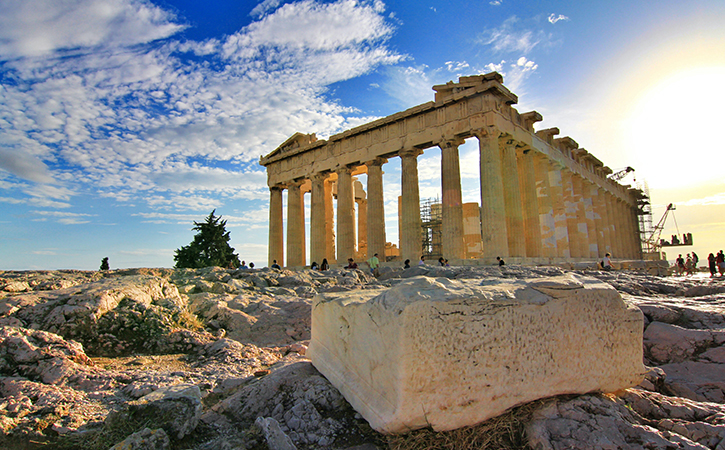
Cradle of Western civilization and cradle of democracy, Athens' heritage is still very evident. Athens has been inhabited for more than 7,000 years. Ottoman, Byzantine, and Roman civilizations left their imprints on the outward appearance of the city. This is the homeland of prominent philosophers, writers, playwrights, and artists. The city has had its ups and downs and has not always had the importance it has regained today.
6. Susa, Iran – 6,300 years old
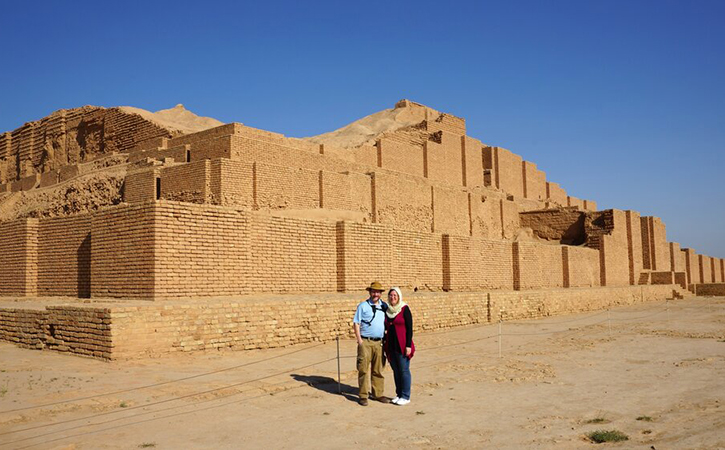
Susa no longer exists today, but Shush is a small town that is more or less on the site of the ancient city. We can therefore see a certain continuity. Susa dates from 8000 BC was the capital of the Elamite Empire before it was captured by the Assyrians. It was then taken by the Achaemenids Empire under Cyrus the Greek. It is the city where the play of the Persians of Aeschylus takes place, an Athenian tragedy that is the oldest play in the history of the theatre. The modern city, Shushan, has a population of around 65,000 people and is also mentioned in the biblical books of Esther, Nehemiah, and Daniel.
7. Erbil, Iraqi Kurdistan – 6,000 years old
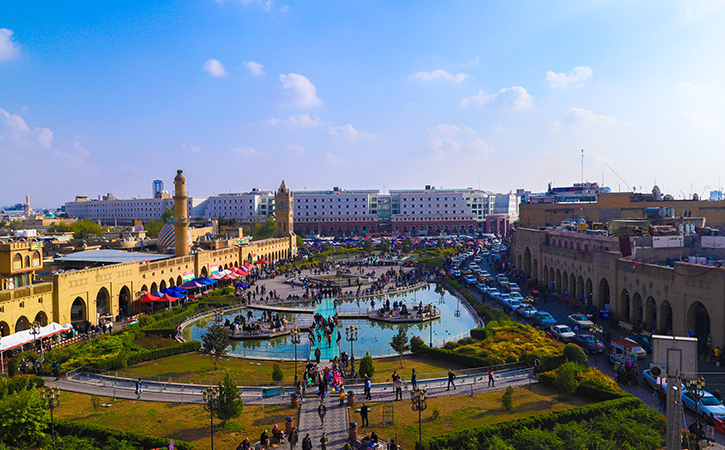
North of Kirkuk is Erbil, which has been repeatedly dominated by the Assyrians, Persians, Sassanids, Arabs, and Ottomans. It was a major stopover on the Silk Road while its ancient citadel, which rises 26 meters in height, still overlooks the horizon.
8. Sidon, Lebanon – 6,000 years old
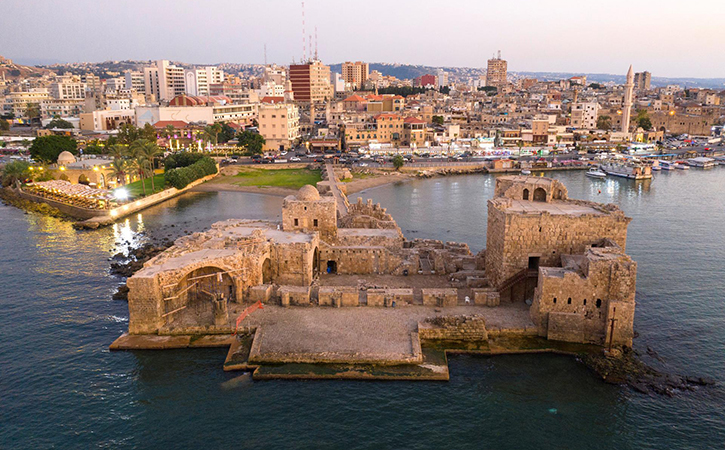
Located 40 kilometres from Beirut, Sidon is one of the most important, and perhaps the oldest of the Phoenician cities and it would have been possibly the oldest. It was the base from which the great Phoenician Mediterranean Empire grew. Both Jesus and Saint Paul would have visited Sidon, as did Alexander the Great, who captured the city in 333 BC.
9. Plovdiv, Bulgaria – 6,000 years old
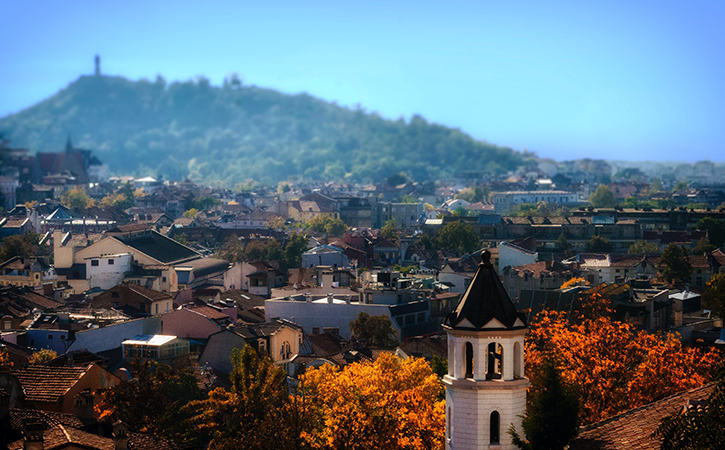
The second-largest city in Bulgaria, Plovdiv was originally a fortified Thracian city, before becoming a large Roman city. It later fell into the hands of the Byzantines and Ottomans, before integrating Bulgaria. The city is an important cultural centre and is home to many ancient remains, including an amphitheatre and a Roman aqueduct, as well as Ottoman baths. Throughout its history, it was dominated by Byzantines and Ottomans until, finally, the Bulgarians conquered it in the year 815. The name Plovdiv first appears in the 15th century. After World War II, communism was instituted in the country and the city became the focus of democratic groups that overthrew the regime in 1989.
10. Varanasi, India – 5,000 years old
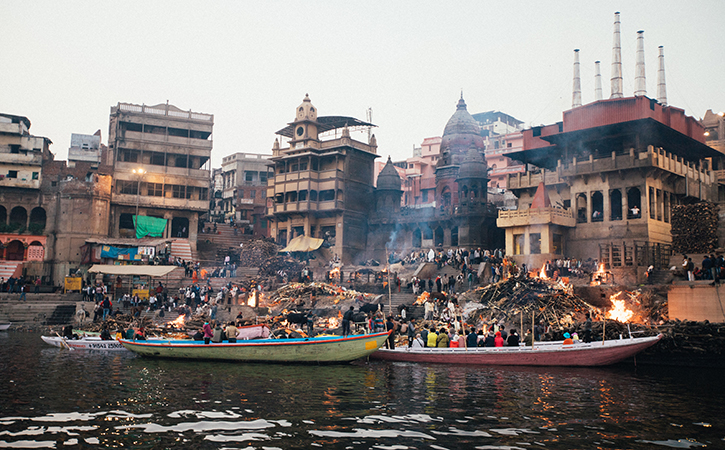
India is the world-famous centre of ancient civilisations, religions, and spirituality, and at the same time, the cradle of the oldest cities in the world. The sacred city of India Varanasi. formerly known as Benares, has been a religious and cultural centre for at least 5000 years.
11. Jerusalem, Israel - 5,000 year old
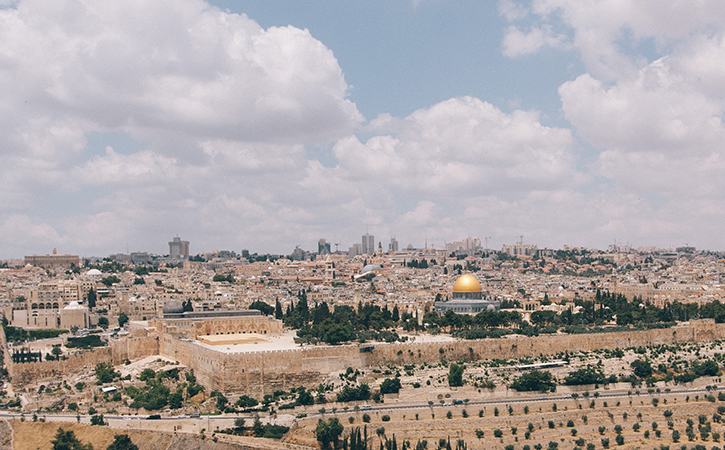
Jerusalem is one of the cities that is believed to be about 4,000 to 5,000 years old from today. But this city holds its own place in the world because the mixed culture of three religions is seen here. The historical sources of these three religions are found here, Judaism, Christianity and Islam. The city of Jerusalem is considered a religious city. And it has a long history of struggle. Historian Eric H. Cline has written that the city was destroyed at least twice and 23 times the city was besieged and 52 times attacked. And about 44 times it was captured and lost and captured again
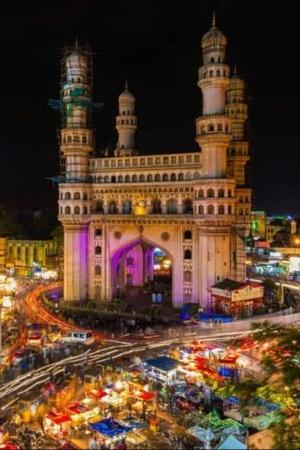







No comments:
Post a Comment